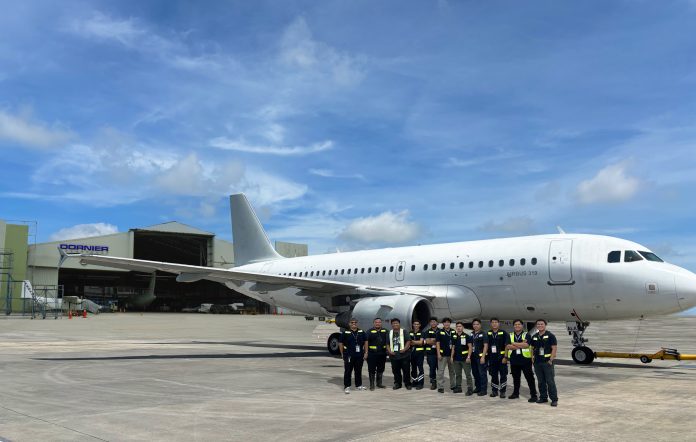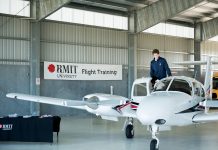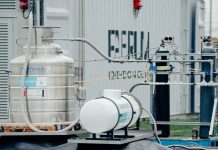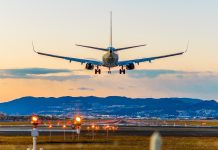 Dornier Technology has been officially certified by the United States Federal Aviation Administration (US FAA) as a Foreign Repair Station, authorised to perform heavy maintenance on the Airbus A320 aircraft family.
Dornier Technology has been officially certified by the United States Federal Aviation Administration (US FAA) as a Foreign Repair Station, authorised to perform heavy maintenance on the Airbus A320 aircraft family.
Headquartered in Clark, Philippines, Dornier Technology is now approved by the US FAA to carry out scheduled preventive maintenance, major repairs and alterations, and heavy airframe maintenance up to D-Check (12-year check) on the Airbus A318, A319, A320, and A321. This includes both CEO and NEO variants, powered by CFM International CFM56, International Aero Engines V2500, and Pratt & Whitney PW1100G engines.
“We secured the certification following a thorough audit by US FAA officials who visited our facilities,” says Nick Gitsis, CEO of Dornier Technology. He emphasised the strategic importance of the certification: “The US FAA is globally recognised and this certification positions Dornier to meet the stringent requirements of aircraft owners and lessors worldwide. It confirms that our processes, inspection systems, equipment, and personnel are fully compliant with US FAA standards.”
Gitsis also noted the relevance of the certification to the global market, saying that “the A320 family is the world’s most popular narrow-body aircraft. Having FAA approval allows us to participate more actively in the global MRO market.”
Founded in 2008, Dornier Technology currently services the Airbus A320 family, ATR 42/72, Boeing 737, and BAE 146 aircraft. The company holds certifications from multiple civil aviation authorities including the Civil Aviation Authority of the Philippines (CAAP), Indonesia’s Directorate General of Civil Aviation (DGCA), Korea’s Ministry of Land, Infrastructure and Transport (MOLIT), and Myanmar’s Department of Civil Aviation (DCA). It also holds ISO 9001:2015 certification for aircraft major maintenance inspections, repairs and modifications and engineering services.
“Airframe heavy maintenance remains our core business, largely supported by domestic carriers. With the US FAA certification and our competitive labor cost advantage, we aim to increase the share of foreign airlines to 70% by the end of next year,” says Gitsis. “With this certification, we anticipate growth in the following markets: US, the ASEAN region, Taiwan, Japan, Korea and Pacific island nations. The Philippines is emerging as a hub for aircraft MRO thanks to its large pool of skilled and certified maintenance engineers and technicians, who constantly quality workmanship that meets the highest international standards.”



















